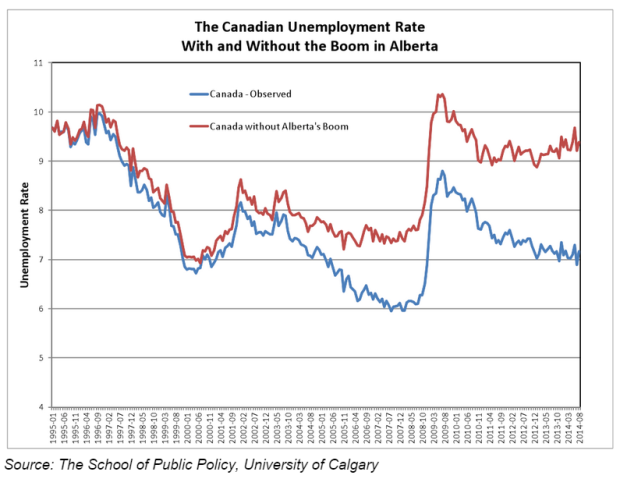Re: A Seriously Unbalanced Economy...
Most of us here in the U.S. we think 15-year and 30-year fixed rate mortgages are available everywhere. Not so. It is practically a U.S.-only phenomenon. In Europe as I recall they are only avilable in Germany and the Netherlands.
Originally posted by LazyBoy
View Post










Comment